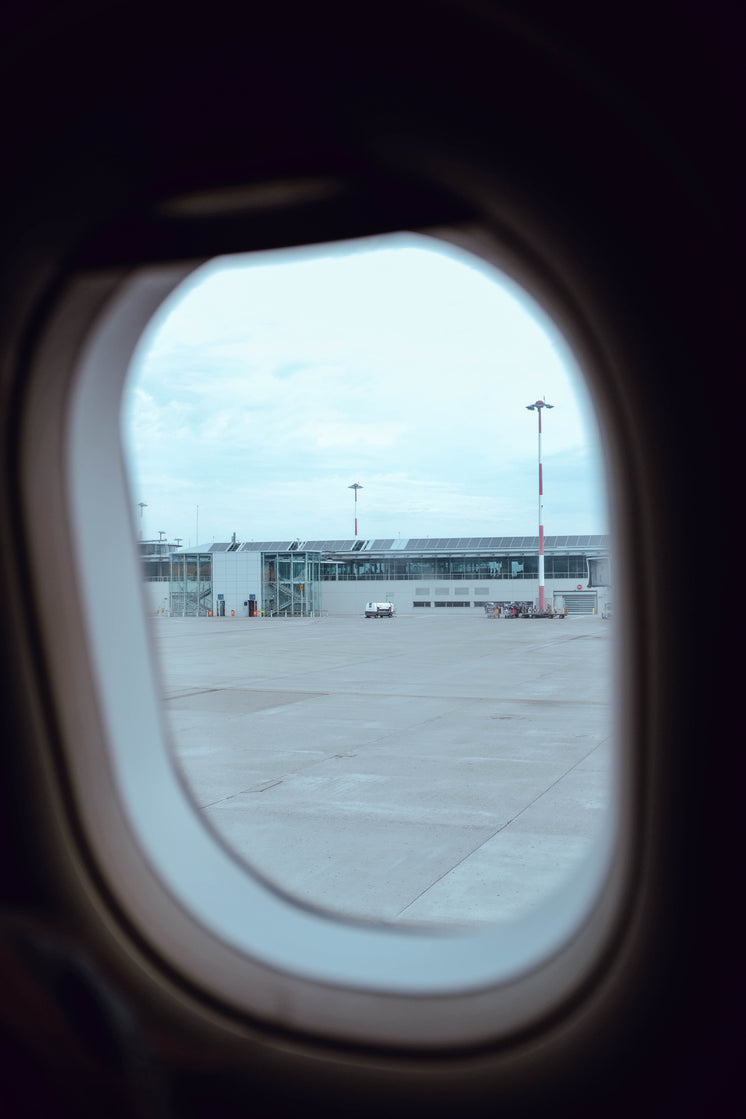Revolutionizing Private Aviation: The Rise of Electric Aircraft And Su…

본문

Lately, the private aviation sector has witnessed a remarkable transformation, driven by advancements in know-how, a growing emphasis on sustainability, and an evolving buyer base that values efficiency and environmental responsibility. This article explores the demonstrable advances in private aviation, specializing in the emergence of electric aircraft and sustainable aviation options which can be reshaping the trade.
The Shift In the direction of Sustainability
The aviation business has long been criticized for its environmental impact, with private jets often viewed as symbols of excess and carbon emissions. Nevertheless, as awareness of climate change and environmental issues grows, private aviation is making strides toward sustainability. The introduction of electric and hybrid-electric aircraft is on the forefront of this movement, providing a cleaner different to conventional jet gas.
Electric Aircraft: A brand new Period
Electric aircraft characterize a major leap forward in private aviation. Corporations like Pipistrel, Eviation Aircraft, and top private jets charter companies Ampaire are pioneering the event of electric planes that promise to scale back emissions and working costs significantly. For instance, Pipistrel's Alpha Electro is a two-seat electric trainer aircraft designed for flight schools, showcasing the potential of electric expertise in aviation.
Eviation's Alice, an all-electric commuter aircraft, is another groundbreaking improvement. With a spread of as much as 1,000 kilometers (roughly 620 miles) and the ability to carry up to nine passengers, Alice is about to revolutionize regional journey. Its fully electric design eliminates the need for traditional gasoline, reducing operational costs and carbon emissions.
Hybrid Solutions
While totally electric aircraft are still in the early levels of improvement, hybrid-electric solutions are gaining traction as a bridge to a more sustainable future. Companies like Airbus and Boeing are investing in hybrid know-how to boost the efficiency of present aircraft. For example, Airbus has been exploring the E-Fan X undertaking, which integrates electric motors into typical aircraft to cut back fuel consumption and emissions.
Hybrid aircraft can make the most of each electric power and traditional jet gasoline, offering flexibility and extending the vary of operations. This expertise permits private aviation to transition gradually in the direction of fully electric solutions whereas still assembly the demands of long-distance travel.
Sustainable Aviation Gas (SAF)
Along with electric and hybrid aircraft, the development of Sustainable Aviation Gas (SAF) is another crucial advancement in private aviation. SAF is produced from renewable resources, corresponding to plant materials and waste oils, and can considerably cut back the carbon footprint of aviation. Main corporations, including Neste and World Energy, top private jets charter companies are leading the charge in SAF production, making it more and more accessible to private aviation operators.
Private jet operators are beginning to adopt SAF to show their commitment to sustainability. For example, in 2021, a flight operated by a private jet utilizing SAF marked a major milestone, showcasing the feasibility of using sustainable gasoline in existing aircraft. By blending SAF with standard jet gas, operators can scale back greenhouse fuel emissions by up to 80%, relying on the feedstock and manufacturing strategies used.
Advanced Air Mobility (AAM)
The concept of Superior Air Mobility (AAM) is gaining momentum within the private aviation sector, driven by the need for city transportation options that alleviate congestion and provide environment friendly travel options. AAM encompasses varied modern aircraft, including electric vertical takeoff and landing (eVTOL) autos, that are designed for short-distance city travel.
Companies like Joby Aviation, Archer, and Volocopter are at the forefront of creating eVTOL aircraft that may operate inside urban environments. These aircraft usually are not only quieter than traditional helicopters but also have the potential to reduce travel times significantly. The combination of eVTOLs into private aviation can improve accessibility, allowing passengers to bypass floor site visitors and attain their destinations extra effectively.
Enhanced Connectivity and Digital Options
The private aviation trade can also be benefiting from advancements in connectivity and digital options. The rise of cellular apps and on-line platforms has made booking private flights extra accessible and user-friendly. Providers like JetSuite, Blade, and Wheels Up supply on-demand charter companies, allowing customers to book flights with just some taps on their smartphones.
Furthermore, the implementation of advanced information analytics and artificial intelligence (AI) is optimizing flight operations, enhancing security, and bettering customer experiences. Operators can leverage information to analyze flight patterns, optimize routes, and reduce operational prices. AI-powered systems may assist in predictive upkeep, making certain aircraft are serviced proactively to attenuate downtime.

Regulatory Assist and Industry Collaboration
The developments in private aviation will not be solely pushed by technological innovation; regulatory assist and business collaboration play an important position. Governments and aviation authorities are increasingly recognizing the importance of sustainable aviation practices and are working to create frameworks that encourage the adoption of electric and hybrid technologies.
For instance, the European Union has set bold targets for decreasing aviation emissions, prompting stakeholders to invest in analysis and growth for sustainable options. Collaborative initiatives between manufacturers, operators, and regulatory our bodies are essential to making a conducive setting for innovation in private aviation.
The future of Private Aviation
Because the private aviation industry continues to evolve, the integration of electric aircraft, hybrid options, top private jets charter companies and sustainable fuels is ready to redefine the landscape. If you are you looking for more info on top private jets Charter companies visit the webpage. The concentrate on sustainability is not going to solely improve the industry's reputation but also entice a new generation of environmentally-conscious travelers. The convergence of expertise, regulatory help, and client demand for greener options will drive additional advancements in private aviation.
In conclusion, the demonstrable advances in private aviation, particularly by way of electric aircraft, hybrid options, and sustainable aviation fuels, signify a turning point for the industry. As these innovations become more mainstream, private aviation is poised to embrace a future that prioritizes effectivity, sustainability, and enhanced buyer experiences. The journey towards a greener and extra accessible private aviation sector is just beginning, and the potentialities are limitless.







댓글목록0
댓글 포인트 안내